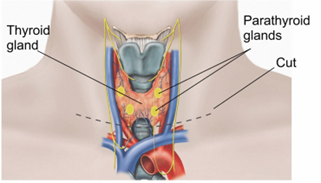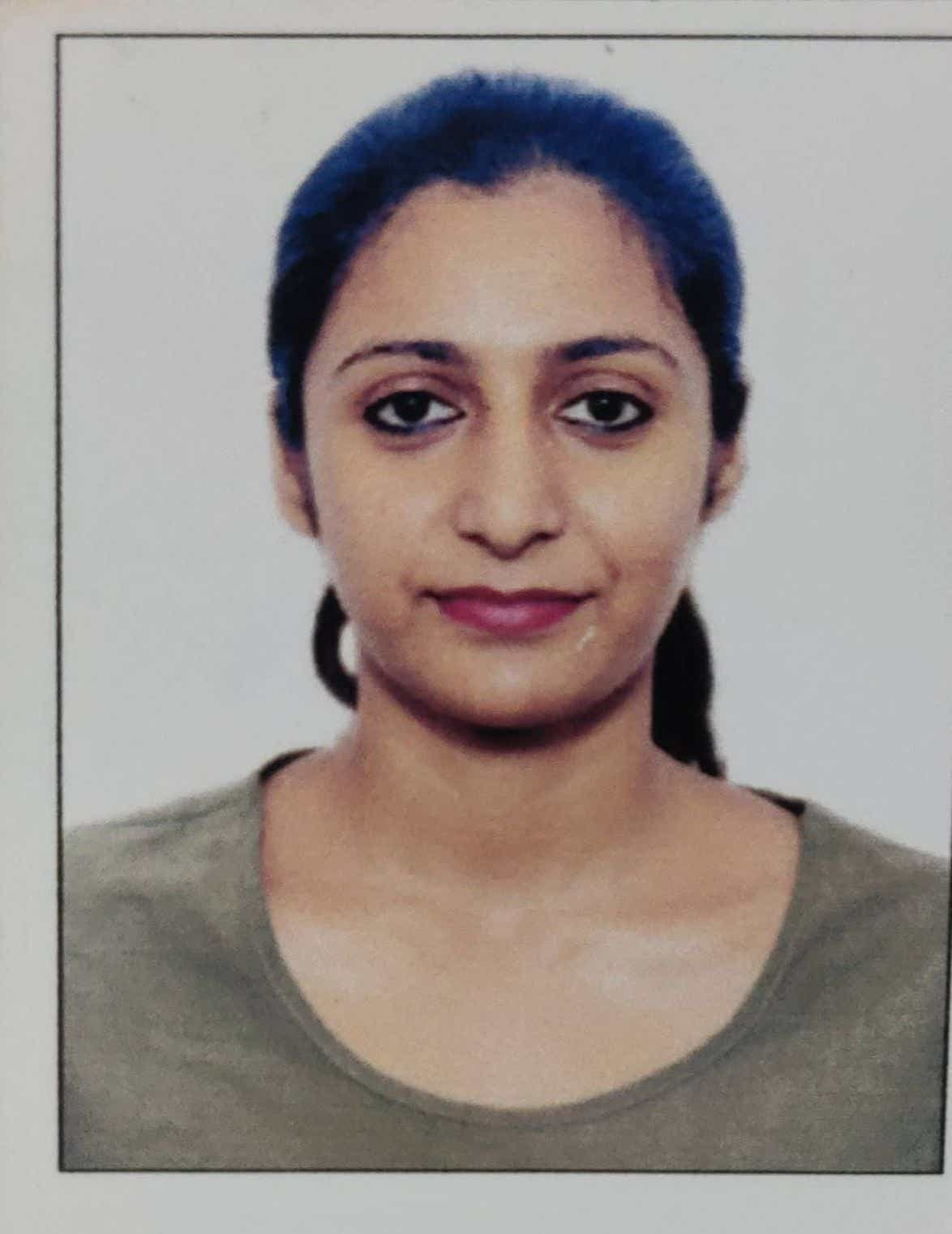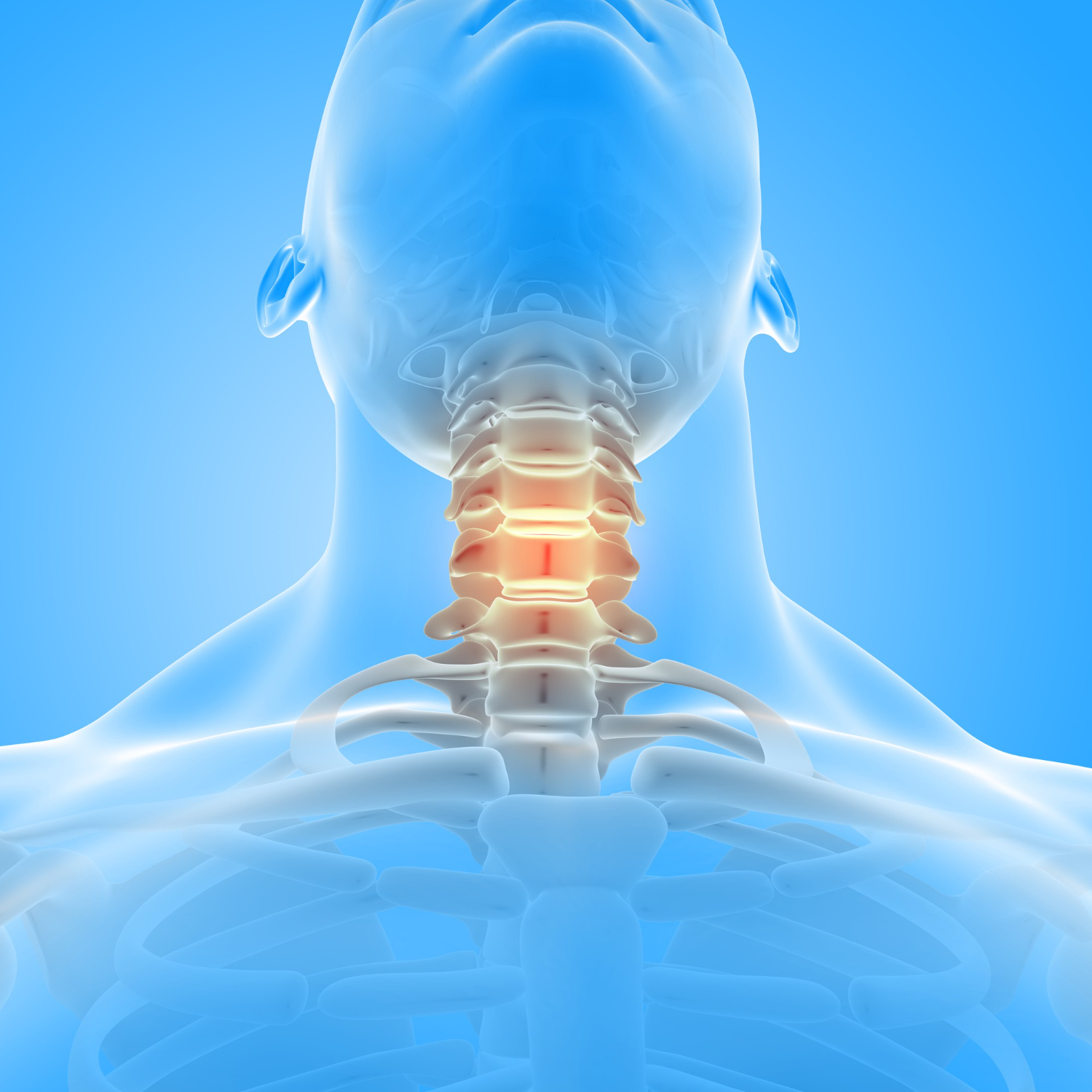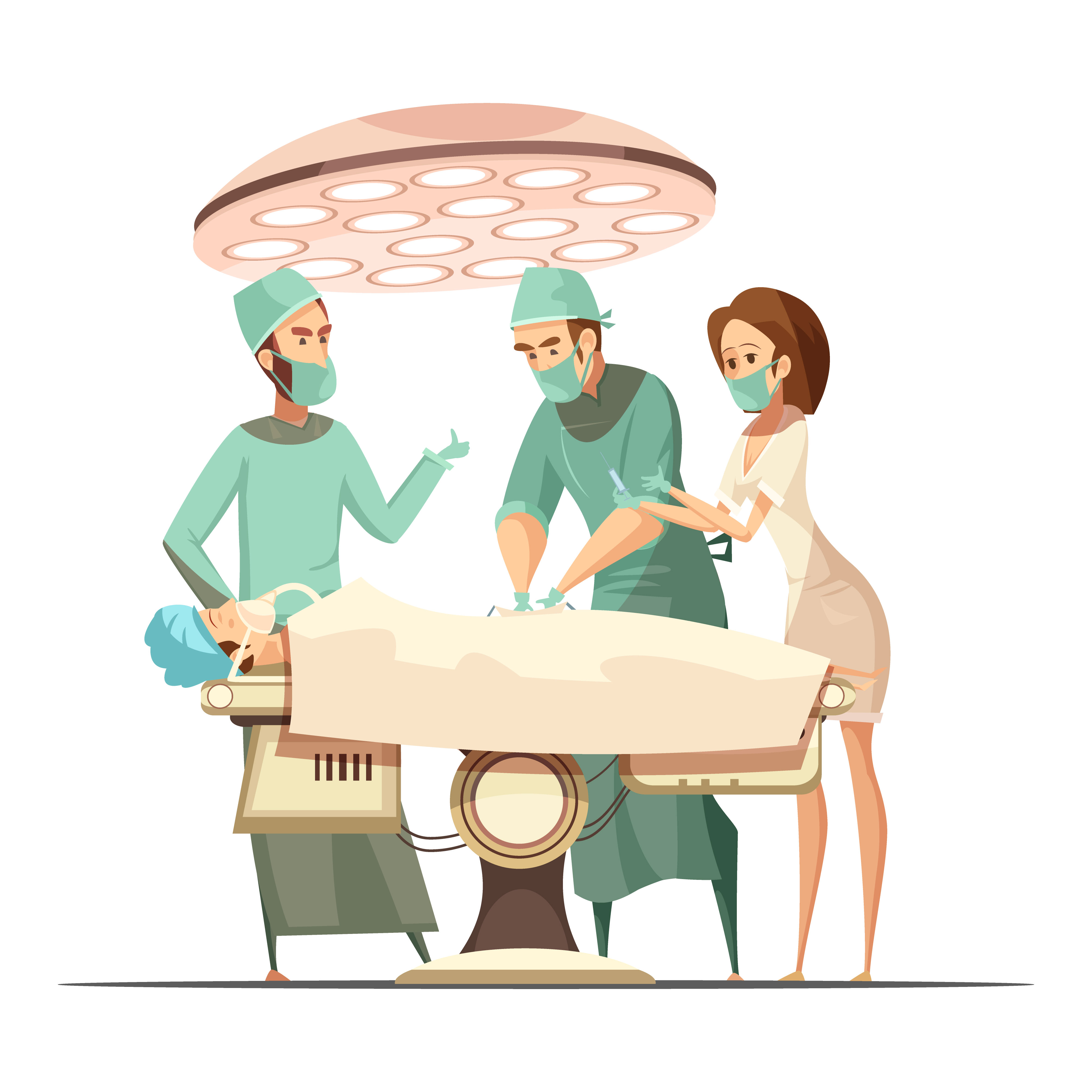What is thyroidectomy?
Thyroidectomy is the removal of all or part of the thyroid gland. Thyroid is a butterfly-shaped bilobed gland placed at the base of the neck that produces metabolic hormones. Thyroidectomy is the most effective treatment for a variety of thyroid disorders like thyroid cancer, thyroid enlargement (goiter), overactive thyroid gland (hyperthyroidism), thyroid nodules, etc.
While medical management is the most prevalent treatment for thyroid problems, surgery becomes necessary in some cases. If there are suspicious nodules or cancerous growths on the thyroid gland, or if the patient is not receiving adequate relief from medical management, surgical intervention becomes necessary.







